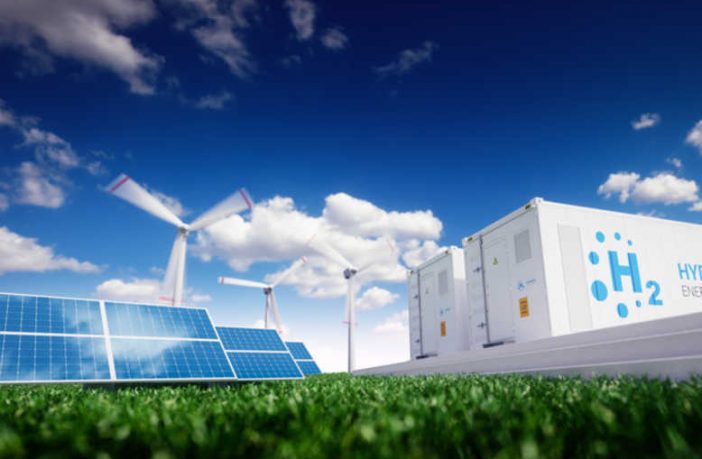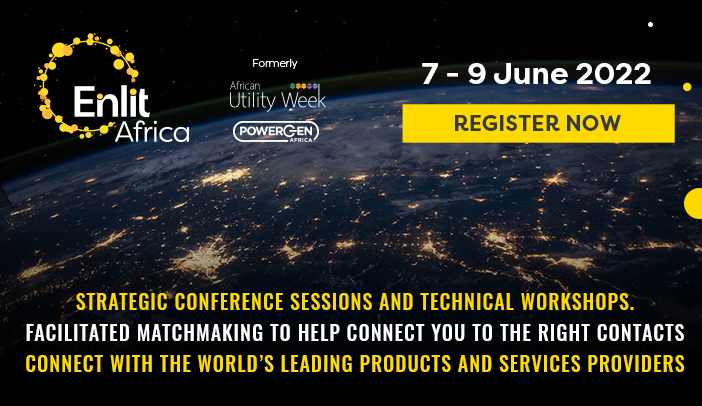- South Africa submitted an ambitious Nationally Determined Contribution (NDC) prior to COP 26. At COP26, the South African government also forged the Just Energy Transition Partnership (JETP) jointly with the governments of the United Kingdom, the United States, France, Germany and the European Union.
Under the JETP, partner governments pledged an initial amount of $8.5 billion as a contribution towards financing South Africa’s long-term just transition process to reduce the carbon intensity of South Africa’s electricity system, while also developing new sectors such as green hydrogen and electric vehicles. Read more
The objective is to ensure a just transition for workers and communities that have historically relied on South Africa’s coal-based value chains for their livelihoods. The scale of the challenge means that partnerships – including with the private sector and development finance institutions, will be indispensable to achieving desired outcomes. As part of its commitment to the development of Africa’s energy sector in line with its New Deal on Energy for Africa (NDEA) strategy, the African Development Bank is playing a leading role in supporting African countries on their just energy transition journeys with policy advice, technical assistance, and financing.
In this context, the Minister of Finance of the Republic of South Africa, the Hon. Enoch Godongwana, formally requested the African Development Bank to support South Africa with technical assistance on its Just Energy Transition process.
The African Development Bank has responded favorably to the request of South Africa and has agreed to provide the requested support through the COP26 Energy Transition Council Rapid Response Facility, financed by the Bank’s Sustainable Energy Fund for Africa (SEFA). The technical assistance will be targeted at enhancing the capacities of relevant institutions in South Africa – primarily the Asset andLiability Management (ALM) Division of the National Treasury and the Presidential Climate Finance Task Team (PCFTT) – to engage and negotiate with external and internal partners of the South African Just Energy Transition process. This technical assistance is independent, separate and not in any way linked to any further financial support that the African Development Bank may contribute towards South Africa’s just transition in the future.
The broad scope of the technical assistance has been agreed between the ALM Division and the PCFTT, which allows them to draw on financial, technical and other skills that enable them to fulfil their respective mandates and responsibilities to develop recommendations for the financing package offered under the JETP.
The detailed implementation modalities of the technical assistance are being finalized with a view to launch the assistance in the coming weeks.
The government and the Bank have also reached an in-principle understanding that this rapid assistance may be followed by a larger SEFA technical assistance program, supporting the medium-to-longer term needs of South African institutions in the Just Energy Transition process, once such needs become more apparent.
This technical cooperation builds on a long-term partnership between the African Development Bank and the South African government, that is based on the recognition of the important emphasis that energy security and just transition play in South Africa’s climate response, and the need to meet economic, environmental and social development objectives.
Author: Bryan Groenendaal

















